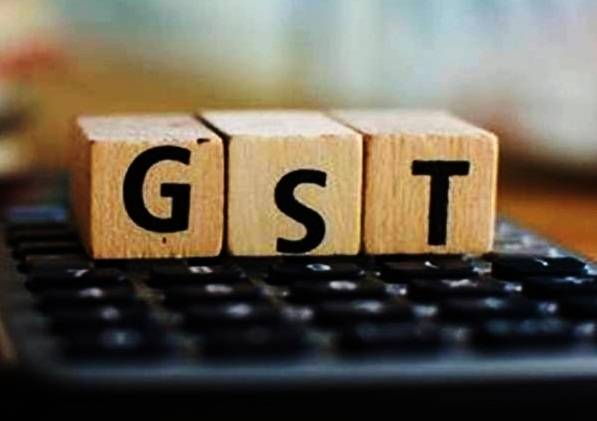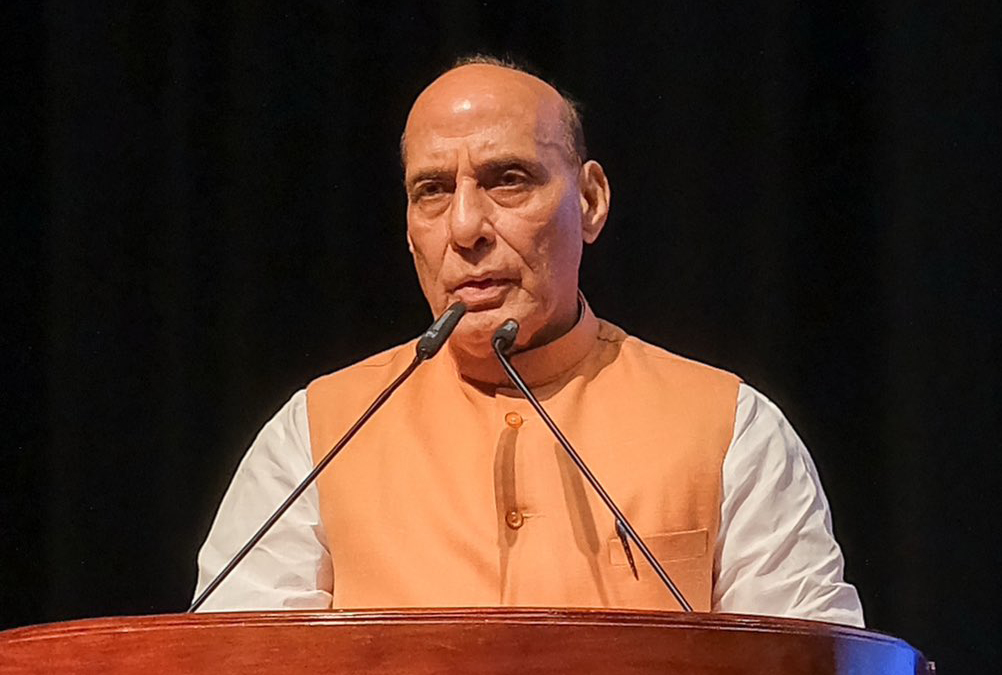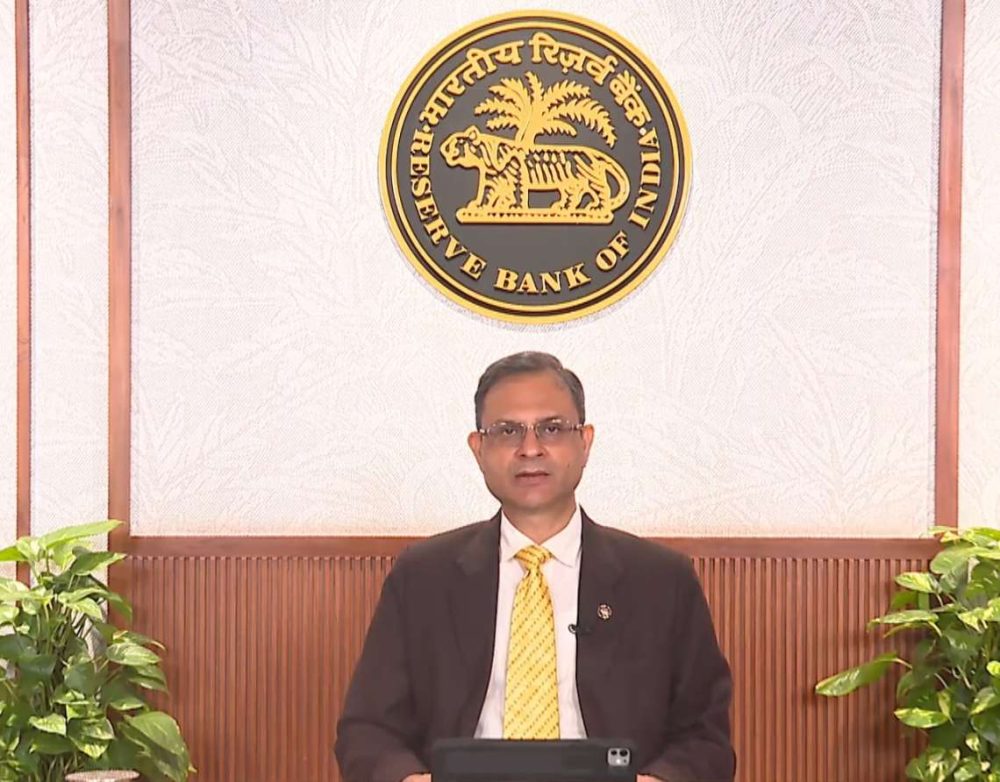The Centre has cleared the entire amount of Goods and Service Tax (GST) compensation payable to states up to May 31, by releasing an amount of Rs 86,912 crore, an official statement said on Tuesday.
The payment was made to assist the states in managing their resources and ensuring that their programmes, especially the expenditure on capital, is carried out successfully during the financial year, it said.
“This decision has been taken despite the fact that only about Rs 25,000 crore is available in the GST Compensation Fund. The balance is being released by the Centre from its own resources pending collection of cess,” the statement added.
The GST system was introduced in the country in July 2017 and states were assured compensation for loss of any revenue arising on account of implementation of GST as per the provisions for a period of five years.
Bi-monthly GST compensation to states for the period 2017-18, and 2018-19 was released on time out of the Compensation Fund. While the states’ protected revenue has been growing at 14 per cent compounded growth whereas the cess collection did not increase in the same proportion, Covid-19 further increased the gap between protected revenue and the actual revenue receipt including reduction in cess collection, it added.
Thus, in order to meet the resource gap of the states due to short release of compensation, the Centre has borrowed and released Rs 1.1 lakh crore in 2020-21 and Rs 1.59 lakh crore in 2021-22 as back-to-back loans to meet a part of the shortfall in cess collection.
Meanwhile, the Supreme Court on Thursday said the recommendations by the GST Council are not binding on the Centre and the state governments.
A bench, headed by Justice D.Y. Chandrachud and comprising Justices Surya Kant and Vikram Nath said: “The deletion of Article 279B and the inclusion of Article 279(1) by the Constitution Amendment Act 2016 indicates that the Parliament intended for the recommendations of the GST Council to only have a persuasive value, particularly when interpreted along with the objective of the GST regime to foster cooperative federalism and harmony between the constituent units.”
ALSO READ: Experts open up on India’s GDP figures
The bench said that both the Parliament and the state legislatures can equally legislate on matters of Goods and Service Tax.
“The ‘recommendations’ of the GST Council are the product of a collaborative dialogue involving the Union and states. They are recommendatory in nature. To regard them as binding edicts would disrupt fiscal federalism, where both the Union and the states are conferred equal power to legislate on GST”, it added, in its 153-page judgment.
The bench noted that the government, while exercising its rule-making power under the provisions of the CGST Act and IGST Act, is bound by the recommendations of the GST Council. “However, that does not mean that all the recommendations of the GST Council made by virtue of the power Article 279A (4) are binding on the legislature’s power to enact primary legislations,” it added.














